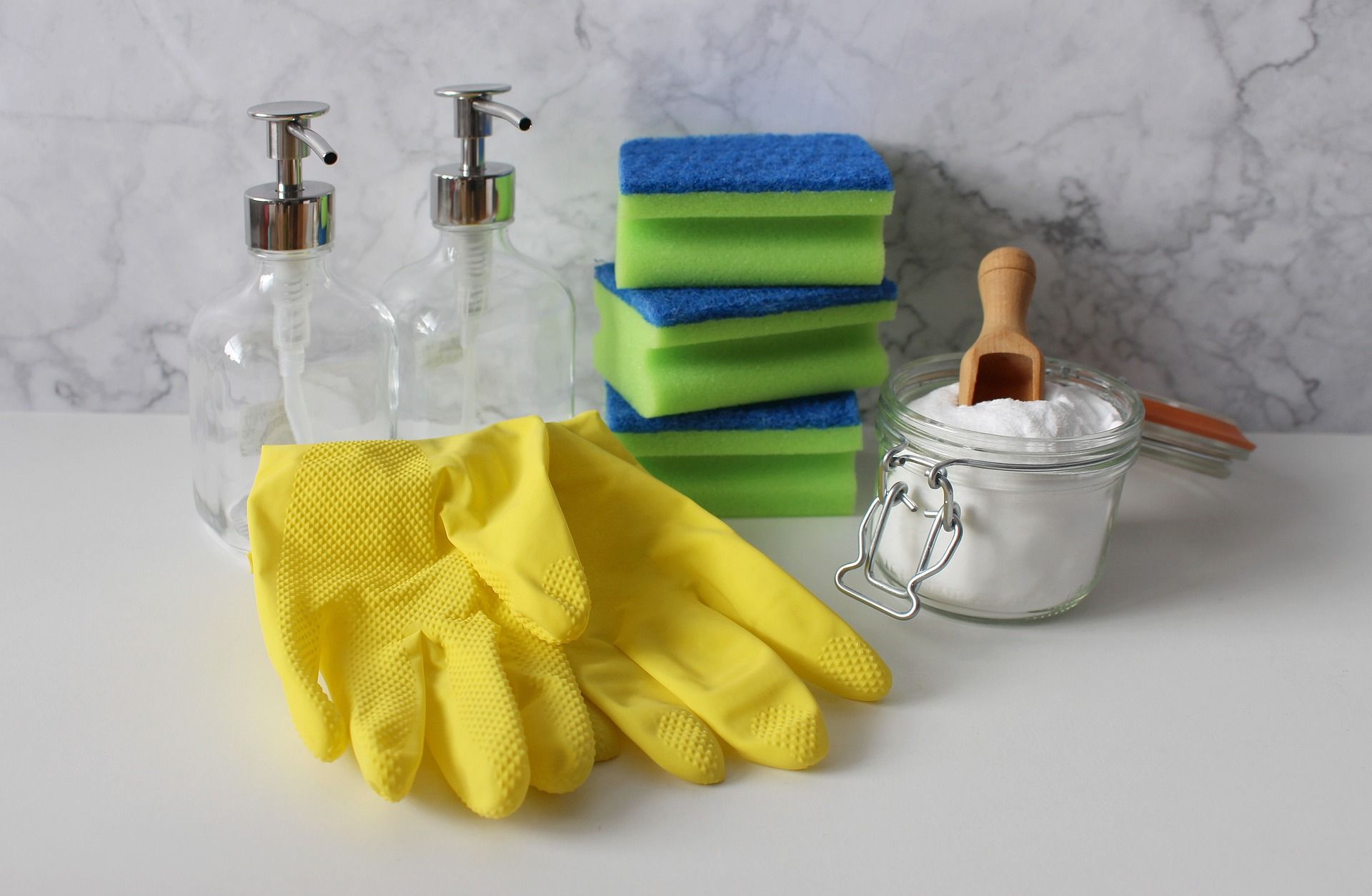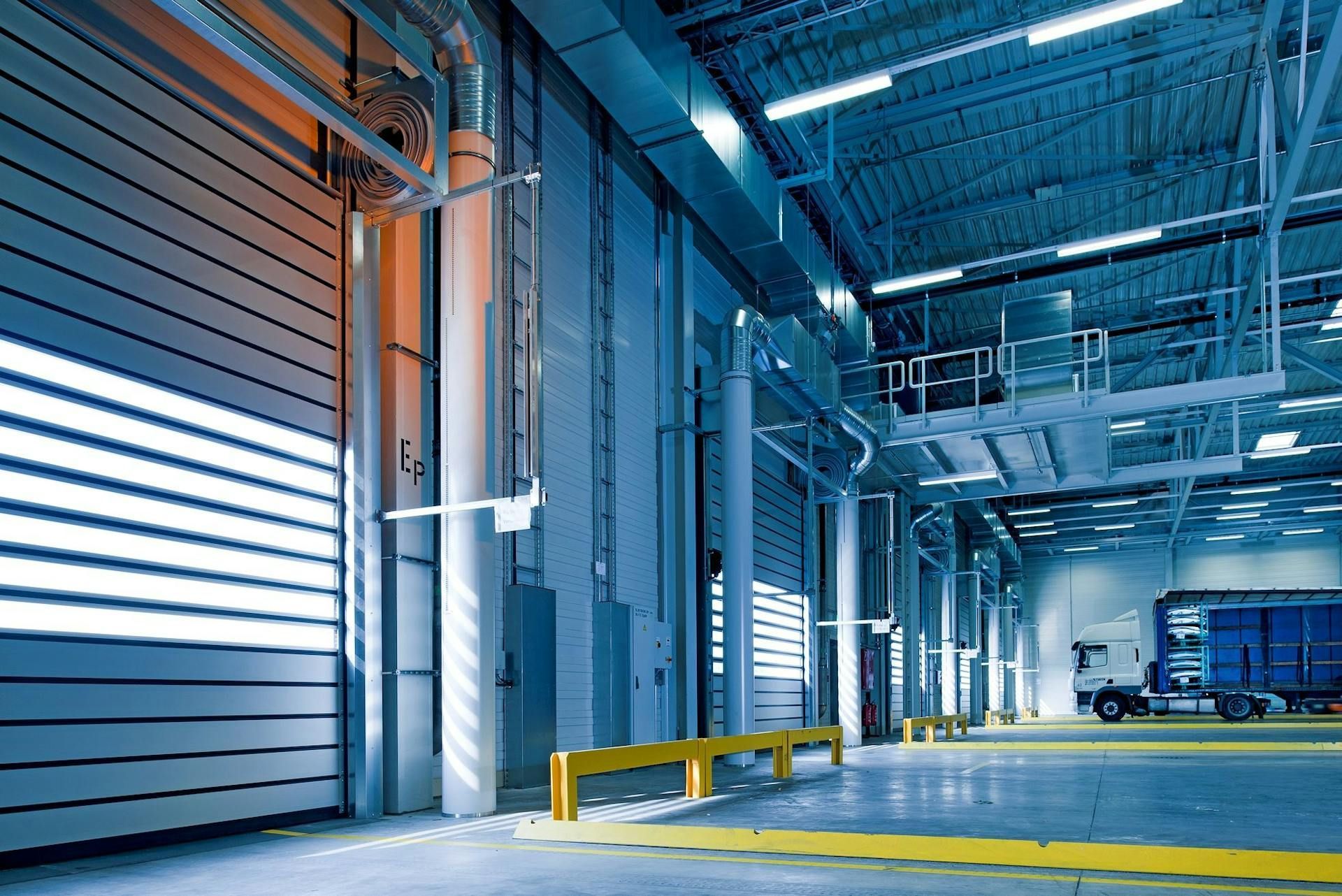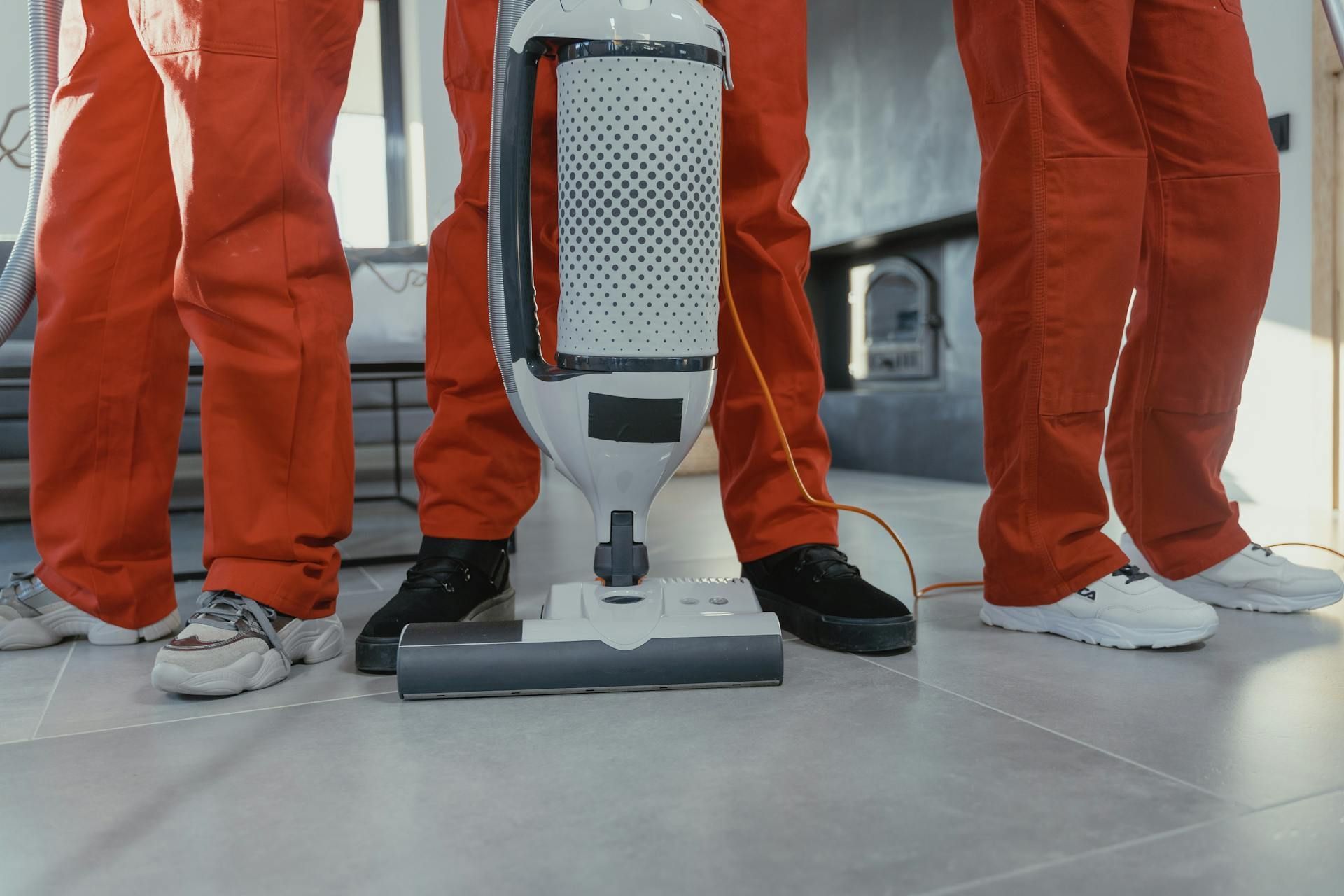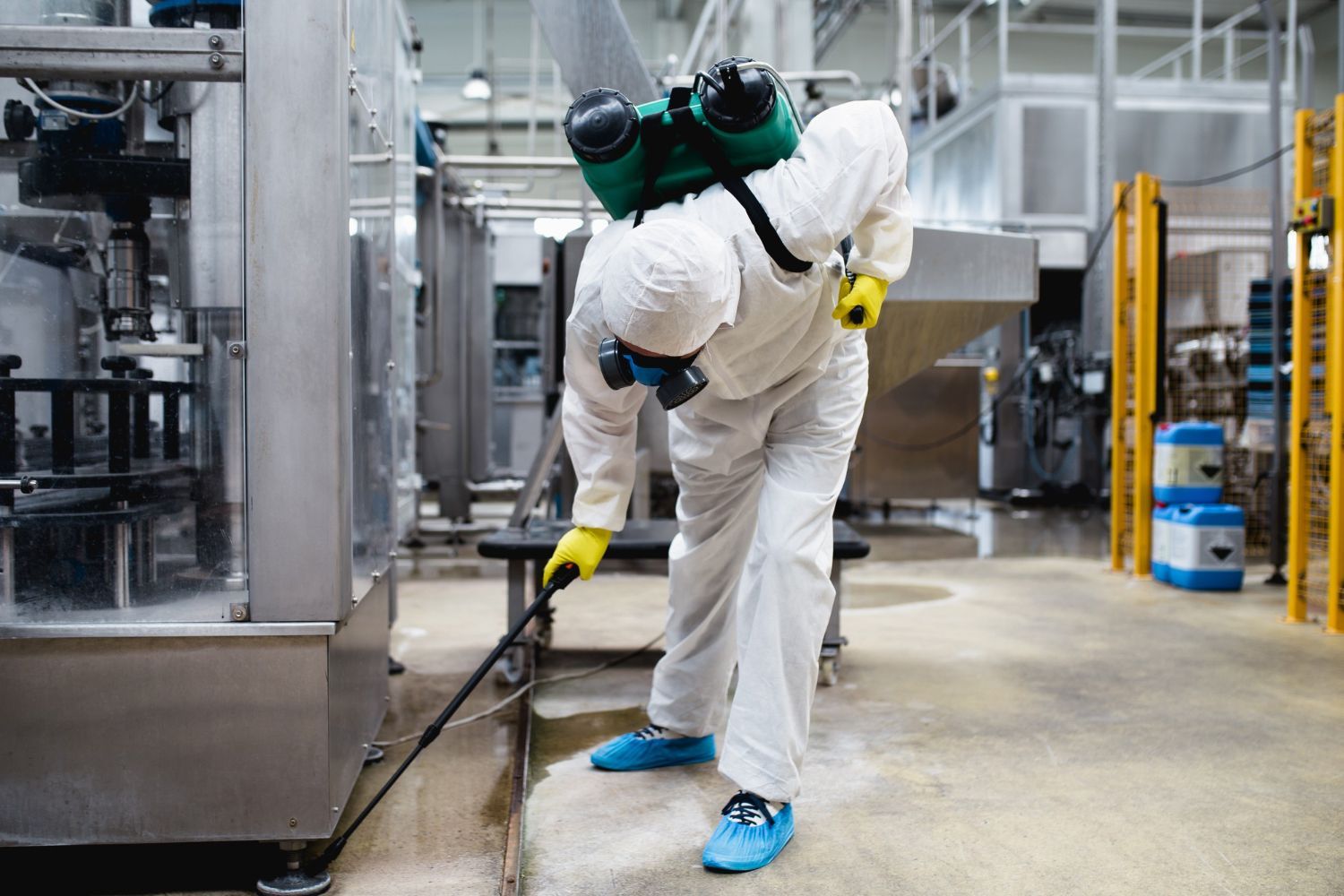Boiler Chemical Cleaning Procedure
A boiler is a crucial component of any industrial setting, as it plays a pivotal role in heating and producing steam necessary for various processes. However, over time, boilers can become filled with scale, deposits, and other contaminants that hinder their performance and efficiency. This is where boiler chemical cleaning comes into play – a vital procedure that removes these impurities and restores the boiler's optimal functionality.
A boiler, being the heart of any heating system, requires regular cleaning to remove debris, scale, and deposits that accumulate over time. These deposits can significantly hinder the boiler's efficiency, increase fuel consumption, and even lead to system failures if left untreated. Hence, chemical cleaning is a vital process that allows you to restore your boiler's performance and extend its lifespan.
Let's walk you through the essential steps involved in a typical boiler chemical cleaning procedure
What is Boiler Chemical Cleaning?
Boiler chemical cleaning, also known as boiler chemical wash, is a process that involves using specialized chemicals to dissolve and remove scale, sludge, and other impurities from the internal surfaces of a boiler. These impurities can accumulate over time due to water hardness, suspended solids, corrosion by-products, and other factors, leading to reduced heat transfer, inefficient combustion, and ultimately, lower boiler efficiency.
To combat these issues and ensure the longevity of a boiler, chemical cleaning is necessary. By removing scale deposits and other unwanted materials, it helps restore the heat transfer efficiency, allowing the boiler to operate at peak performance levels and avoid costly maintenance issues.
The Boiler Chemical Cleaning Procedure
1. Pre-cleaning Assessment and Planning
Before initiating the chemical cleaning process, it is essential to conduct a thorough assessment of the boiler system. This assessment involves inspecting the boiler's internal components, including tubes, drums, headers, and other parts. It helps identify the nature and extent of deposits or fouling, as well as any potential damage, cracks, or leaks in the boiler. This assessment also provides insight into the composition of deposits, which helps determine the appropriate cleaning chemicals and methods to be employed.
During the assessment phase, it is crucial to gather relevant information about the boiler's operating conditions and history, such as fuel types, water treatment practices, and operational parameters. This information helps in understanding the underlying causes of fouling and deposit formation, enabling the development of an effective cleaning strategy.
2. Preliminary Cleaning
Preliminary cleaning is the initial stage in the boiler chemical cleaning process, aiming to remove loose debris, scale, and other impurities that can hinder the efficiency of the main cleaning treatment. This stage involves several tasks that are essential for achieving optimal results and maintaining the integrity of the equipment.
The first step in preliminary cleaning is the thorough inspection of the boiler. A trained professional should carefully examine the boiler's interior and exterior to identify any signs of corrosion, cracks, or leaks. This inspection ensures that cleaning chemicals do not compromise the boiler's structural integrity. Any detected issues should be addressed and repaired before proceeding with the cleaning process.
Another critical task in preliminary cleaning involves the removal of loose debris and scale from the boiler's interior. This can be achieved through mechanical methods such as brushing, scraping, or blowing compressed air into the tubes, drums, and headers. The goal is to dislodge any loose particles, ensuring they do not hinder the circulation and effectiveness of the cleaning chemicals during the main treatment.
Additionally, preliminary cleaning requires the removal of any existing sediment or sludge from the boiler. This is typically done by draining and flushing the boiler with water. Sediment and sludge, if left behind, can create an insulating layer that reduces heat transfer efficiency and promotes corrosion. Therefore, it is crucial to eliminate this build-up to optimize the cleaning process.
3. Chemical Cleaning Solution Preparation
Before initiating the chemical cleaning process, it's essential to identify the specific cleaning objective. Different boilers may have different types and levels of deposits, and thus, require tailored cleaning solutions. Whether it's the removal of scale, sludge, or rust, understanding the cleaning objective is crucial in selecting the appropriate chemicals for the solution.
Based on the cleaning objective and the boiler's material of construction, various chemicals may be used in the cleaning solution. For instance, acidic cleaning agents are employed to remove scale deposits, while alkaline agents are effective against oil and grease sludge. Additionally, corrosion inhibitors and dispersants may also be added to prevent the formation of new deposits and aid in the removal of loosened particles, respectively.
Precise calculations are necessary to determine the optimal amount of each chemical to be added to the cleaning solution. Factors such as boiler size, type of scaling, the extent of contamination, and cleaning time frame need to be taken into account for accurate dosing. It is critical to strike a balance in chemical concentration to achieve effective cleaning without causing any adverse effects on the boiler system.
Chemical cleaning solutions can be hazardous if mishandled. It is vital to follow safety guidelines to protect workers and the environment. Personal protective equipment (PPE) should be worn, and proper ventilation should be ensured during the mixing process. Additionally, it's important to handle chemicals with care and store them appropriately to avoid accidents or unintended reactions.
Once the chemicals and their respective doses are determined, they must be mixed in the correct sequence to prepare the cleaning solution. Usually, chemicals are added to water in a specific order to avoid potential dangerous reactions. It is essential to follow the manufacturer's instructions and guidelines during the mixing process for optimal results.
Before introducing the cleaning solution into the boiler, it is recommended to test its pH and conductivity levels. This ensures that the cleaning solution is within the desired parameters and will not cause any damage to the boiler components.
Proper preparation of the chemical cleaning solution is crucial for the success of the boiler chemical cleaning process. It not only ensures the effective removal of deposits but also helps prevent any adverse effects on the boiler system. Following the appropriate protocols and guidelines, along with considering safety precautions, is vital to achieving optimal results.
4. Chemical Cleaning Process
The chemical cleaning process in boilers involves the use of specific chemicals designed to safely dissolve and remove scale, rust, and other deposits that accumulate in the system. These chemicals are typically acidic or alkaline in nature, depending on the type of contaminants present.
The first step in the chemical cleaning process is the identification of the type and extent of contamination in the boiler. This is done through a thorough inspection of the boiler and the collection of water and deposit samples. Based on these findings, a suitable cleaning agent is selected.
Once the cleaning agent is chosen, the actual cleaning process can begin. Prior to the introduction of chemicals, the boiler is thoroughly drained and flushed to remove loose debris. Then, the cleaning solution is prepared and introduced into the system. The solution circulates through the boiler, dissolving and loosening the deposits.
During the cleaning process, it is essential to closely monitor the concentration and pH level of the cleaning solution. This helps ensure that the chemicals are effectively breaking down the deposits without causing any damage to the boiler or its components. Additionally, temperature and pressure levels must be monitored to maintain a safe and efficient cleaning process.
After the recommended cleaning time has passed, the boiler is thoroughly drained and flushed again to remove the dissolved contaminants. This step is crucial to prevent any residual chemicals from affecting the quality of the steam and potentially causing system issues later on.
5. Neutralization and Final Rinse
Neutralization is the process of neutralizing the acid used in the cleaning solution. Boilers are often cleaned using acidic chemicals to dissolve and remove scale and other deposits. However, these acids must be neutralized after the cleaning process to prevent any damage to the boiler's internal surfaces. Failure to neutralize the acid can lead to further corrosion and compromise the integrity of the boiler system. Neutralization is typically achieved by introducing an alkaline solution into the boiler, which neutralizes the residual acid.
The final rinse is the last step in the boiler chemical cleaning process and is crucial for removing any remaining cleaning solution and loosened contaminants. After neutralization, it is essential to flush the boiler with clean water to eliminate any traces of acid or chemical residues. This step ensures that the boiler system returns to its normal operating conditions, free from any potential substances that could cause damage or interfere with its performance.
The final rinse must be performed with care and attention to detail. It is recommended to use high-quality water, preferably demineralized or deionized water, to avoid introducing any new impurities to the boiler system. The rinse water should be applied at a sufficient flow rate to thoroughly flush all internal surfaces of the boiler, including tubes, pipes, and other components.
6. Post-cleaning Inspection
As the name suggests, post-cleaning inspection involves a detailed examination of the boiler after the chemical cleaning process. This inspection is usually conducted by experienced technicians who specialize in boiler maintenance and cleaning. They carefully assess the condition of various boiler components such as tubes, heat exchangers, economizers, and burners to verify that they are clean and free from any debris or scale.
One of the primary objectives of the post-cleaning inspection is to determine if the chemical cleaning process effectively removed the accumulated impurities. The technicians will evaluate the overall cleanliness of the boiler, looking for any remaining deposits or signs of scale. They may use various techniques, such as visual inspection, spot-check sampling, or even non-destructive testing methods, to ensure the thoroughness of the cleaning process.
Another crucial aspect of the post-cleaning inspection is to check for any damage or corrosion caused by the cleaning chemicals. While the chemicals used in boiler cleaning are specifically formulated to be safe for the boiler materials, it is still important to ensure that no adverse effects have occurred. The technicians will examine the boiler's interior surfaces, paying close attention to any signs of roughness, pitting, or discoloration that could indicate corrosion.
Furthermore, the post-cleaning inspection also includes a thorough evaluation of the boiler's performance. The technicians will measure important parameters such as heat transfer, combustion efficiency, and emissions to ensure that the boiler is operating at its optimal levels. They may also carry out specific tests, such as efficiency calculations or flue gas analysis, to assess the overall performance and identify any areas for improvement.
Benefits of Boiler Chemical Cleaning
Improved Efficiency: One of the significant benefits of boiler chemical cleaning is improved efficiency. When mineral deposits accumulate inside the boiler, it reduces heat transfer and increases fuel consumption. By removing these deposits, the boiler's efficiency is restored, resulting in lower energy costs. A clean boiler operates more effectively, providing consistent heat and hot water to the facility while using less fuel.
Prevention of Corrosion: Mineral deposits in the boiler can result in the buildup of corrosive compounds. These compounds can damage the boiler's internal components, including tubes, pipes, and valves. By regularly cleaning the boiler, the risk of corrosion is significantly reduced. Boiler chemical cleaning removes the corrosive elements, creating a protective barrier that prolongs the boiler's lifespan and reduces maintenance costs.
Preventing Boiler Failures: When boilers are not cleaned regularly, mineral deposits can cause serious issues, such as tube overheating and stress cracks. These problems can lead to sudden and costly boiler failures. Boiler chemical cleaning helps prevent these failures by removing the deposits that contribute to overheating and stress.
Reduced Downtime: Boiler failures and repairs can lead to significant downtime in industrial plants, resulting in lost productivity and revenue. Regular boiler chemical cleaning can help mitigate these risks by maintaining the boiler's performance and preventing sudden failures. By investing in preventive maintenance through chemical cleaning, industrial facilities can minimize unplanned downtime and improve overall productivity.
Improved Water Quality: Boiler chemical cleaning not only cleans the boiler but also improves the quality of the water used within it. By removing mineral deposits and impurities, the water becomes cleaner and less prone to scaling and corrosion. Clean water promotes better heat transfer, which enhances the boiler's efficiency and reduces the risk of damage to its internal components.
Environmental Sustainability: As boilers become more efficient through chemical cleaning, they consume less fuel and emit fewer harmful pollutants into the environment. By optimizing boiler performance, industrial plants can reduce their carbon footprint and contribute to a more sustainable future.
Rely on Professionals
Boilers are an integral part of many industrial processes, and therefore, it is crucial to keep them running efficiently and safely. Over time, boilers can accumulate deposits and contaminants, which can negatively impact their performance and lifespan. This is where professional boiler chemical cleaning services come in, and Choice Janitorial is a reliable choice for this task.
Choice Janitorial is a leading provider of janitorial and facility maintenance services, known for their commitment to quality, reliability, and customer satisfaction. Their expertise extends to boiler chemical cleaning, offering their clients an excellent solution to maintain the optimal performance of their boiler systems.
Located in Chicago, serving Chicago and
Lakeview
Phone Numbers:
Email:
choicejanitorial@yahoo.com
Business Hours
- Monday
- -
- Tuesday
- -
- Wednesday
- -
- Thursday
- -
- Friday
- -
- Saturday
- Closed
- Sunday
- Closed
All Rights Reserved | Choice Janitorial







